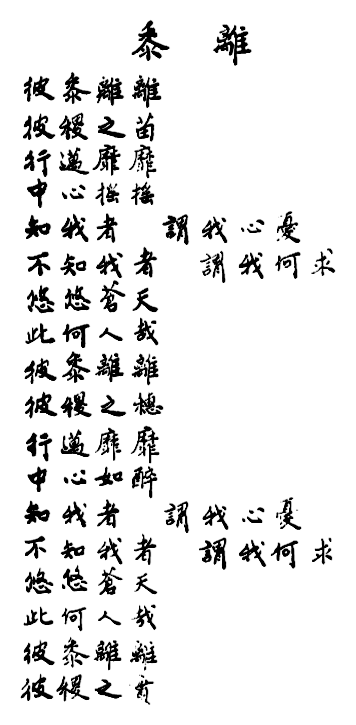Why is the Color of Snow?
Let’s ask a poet with no way of knowing.
Someone who can give us an answer,
another duplicity to help double the world.
What kind of poetry is all question, anyway?
Each question leads to an iceburn,
a snownova, a single bed spinning in space.
Poet, Decide! I am lonely with questions.
What is snow? What isn’t?
Do you see how it is for me.
Melt yourself to make yourself more clear
for the next observer.
I could barely see you anyway.
A blizzard I understand better,
the secrets of many revealed as one,
becoming another on my only head.
It’s true that snow takes on gold from sunset
and red from rearlights. But that’s occasional.
What is constant is white,
or is that only sight, a reflection of eyewhites
and light? Because snow reflects only itself,
self upon self upon self,
is a blanket used for smothering, for sleeping.
For not seeing the naked, flawed body.
Concealing it from the lover curious, ever curious!
Who won’t stop looking.
White for privacy.
Millions of privacies to bless us with snow.
Don’t we melt it?
Aren’t we human dark with sugar hot to melt it?
Anyway, the question–
if a dream is a construction then what
is not a construction? If a bank of snow
is an obstruction, then what is not a bank of snow?
A winter vault of valuable crystals
convertible for use only by a zen
sun laughing at us.
Oh Materialists! Thinking matter matters.
If we dream of snow, of banks and blankets
to keep our treasure safe forever,
what world is made, that made us that we keep
making and making to replace the dreaming at last.
To stop the terrible dreaming.
